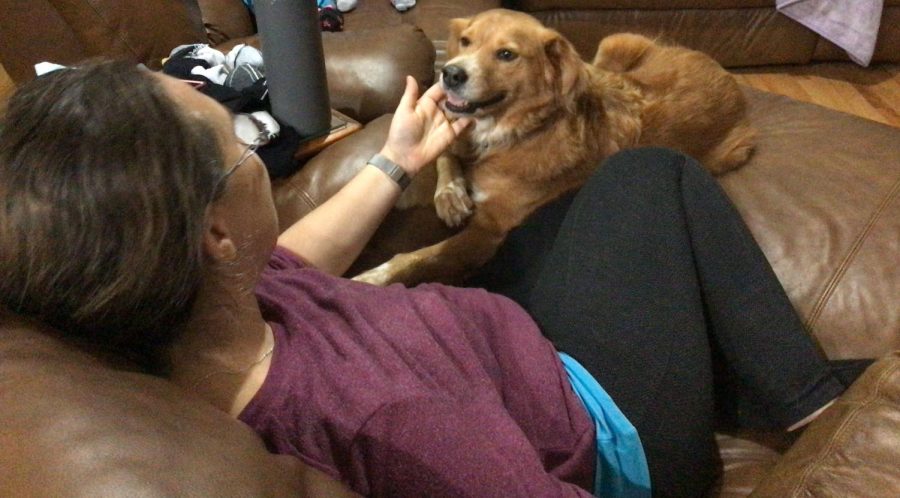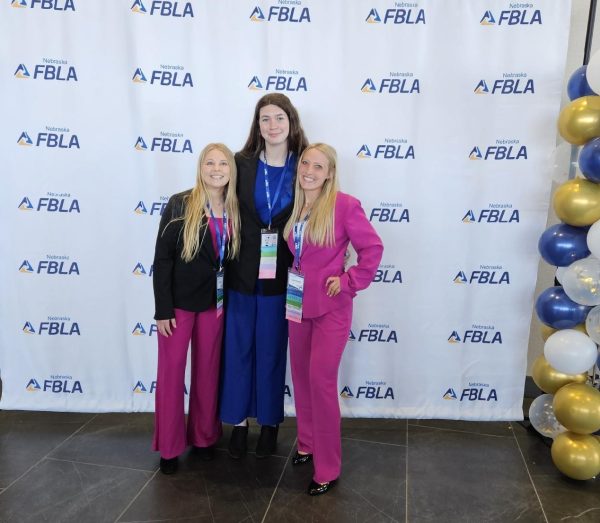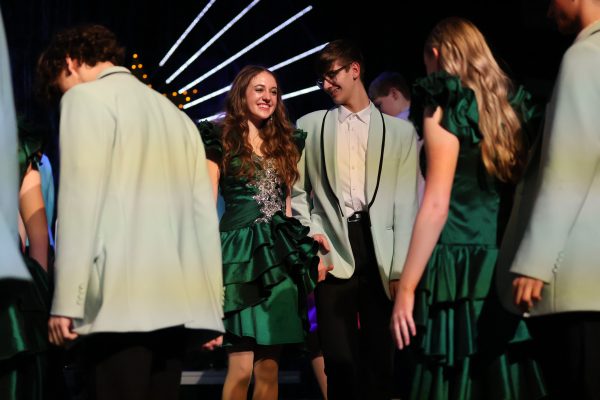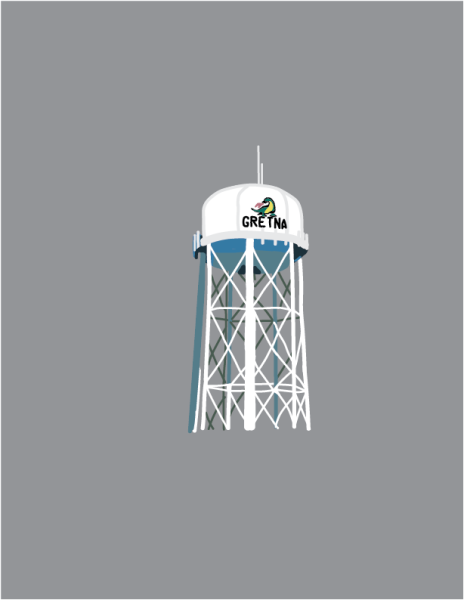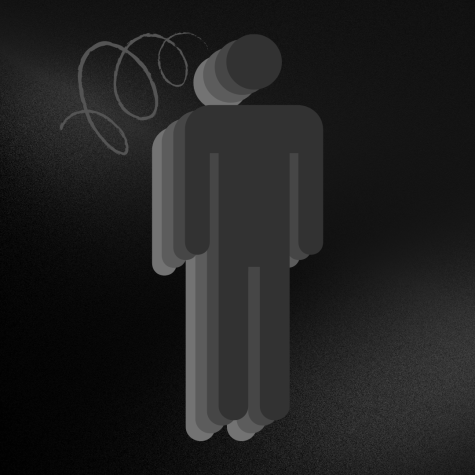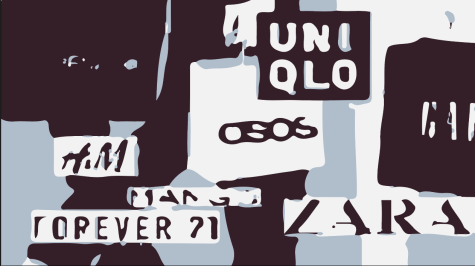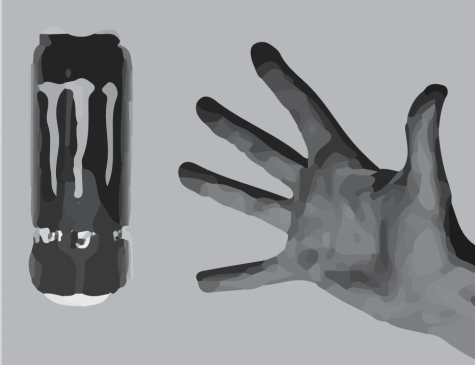Born to Cuddle
Some Animals are Made to be Pets, While Others are Not
When I think of animals in the wild, I imagine a leopard running through a savanna grassland, its powerful muscles rippling beneath its shining coat. Or, a troop of spider monkeys leaping through a rainforest and grasping tree branches with their prehensile tails.
What I do not imagine is my sister’s black and white, pomeranian shih tzu mix surviving alone in the elements with his tongue lolling out the side of his mouth. Some animals just need to be pets.
According to the National Geographic Society, humans have spent about 10,000 years domesticating animals and breeding them for different traits. While some of these animals might be able to leave the nest and successfully build a life for themselves out in the real world, others might get eaten by a coyote.
An owner that got a pet most suitable for their scenario, was educated on the species, and is dedicated to making its life as great as possible, would most likely give said domesticated animal a much happier life than if they were roughing it without a beloved human companion. I know my family’s golden retriever cocker spaniel mix would give up the thrill of escaping predators and starving, for free food and cuddles any day.
However, on the other side of the coin, there are plenty of animals who should not live in a human household. Just because a domestic dog prefers to spend its time lying beside its owner and playing with small children, does not necessarily mean a cougar does.
Humans have not spent several generations breeding the feral instincts and genetics out of wild animals like they have with domestic dogs and cats. Even if a wolf is raised by humans from a young age to be as dog-like as possible, deep down it is still a wolf and still has its untamed wolf instincts.
Everything is situational, but in general I do not think non domesticated animals, such as wolves and big cats, should be an average household pet. No matter how much affection or training treats they are given, they are still going to have their wild genetics. This could cause them to unintentionally injure or even purposely attack their owners or neighbors.
More importantly, being in captivity could negatively influence the enjoyment of said animal’s life. I doubt a viper, genetically accustomed to hunting and slithering freely in several regions around the world, would find being confined to a vivarium for the entirety of its life satisfying.
Once a wild animal is ‘tamed’ or raised by humans, it is nearly impossible for that animal to be released back into the wild. The animal naturally has instincts and genetics that make living as a pet a lose-lose situation, and the animal would not have been raised to know how to survive in the wild. It would not belong anywhere. Their best case scenario would be to live in a good sanctuary, but even then, they still would not be able to live out their life to the fullest.
That is like if a person, destined to be the greatest economics teacher of all time, was instead forced to be an underwater welder. Then, when that did not work out and they forgot how to breathe air, they had to live underwater spending the rest of their days schooling fish.
My family’s cat, Emmy, is an awesome pet because she is domesticated. She is calm and friendly, or friendly in the terms of her cat personality; whenever she cuddles with my family she lets out an adorable purr. She is perfectly content with living inside a house because a house is her natural environment; she was bred to be a housecat, so being a housecat is how she can live her best life.
She is not a lion. A lion would not be happy living in my house. To live their life to the fullest, a lion needs to be in their natural environment with other lions. No one should sacrifice an undomesticated animal’s chance of a happy life because they want to be the cool person with an animal that should be wild. The animal’s happiness should come first; if said animal would not be content being a pet, then it should not be a pet.

MaryJane Fletcher is a freshman at GHS and is in her first year on The Voice Staff. She serves as a reporter. She is involved in journalism because she...


